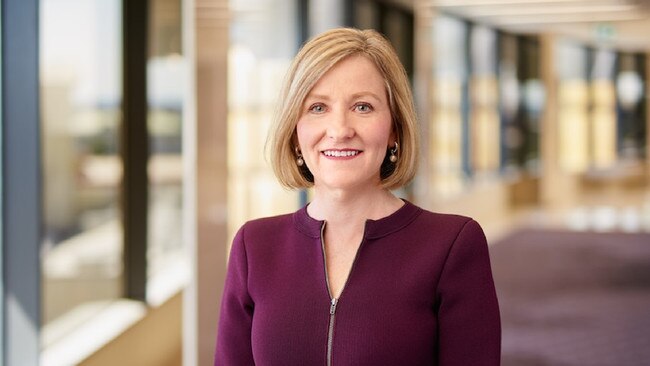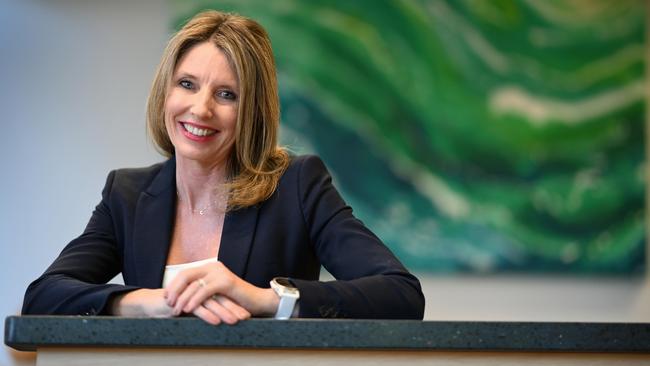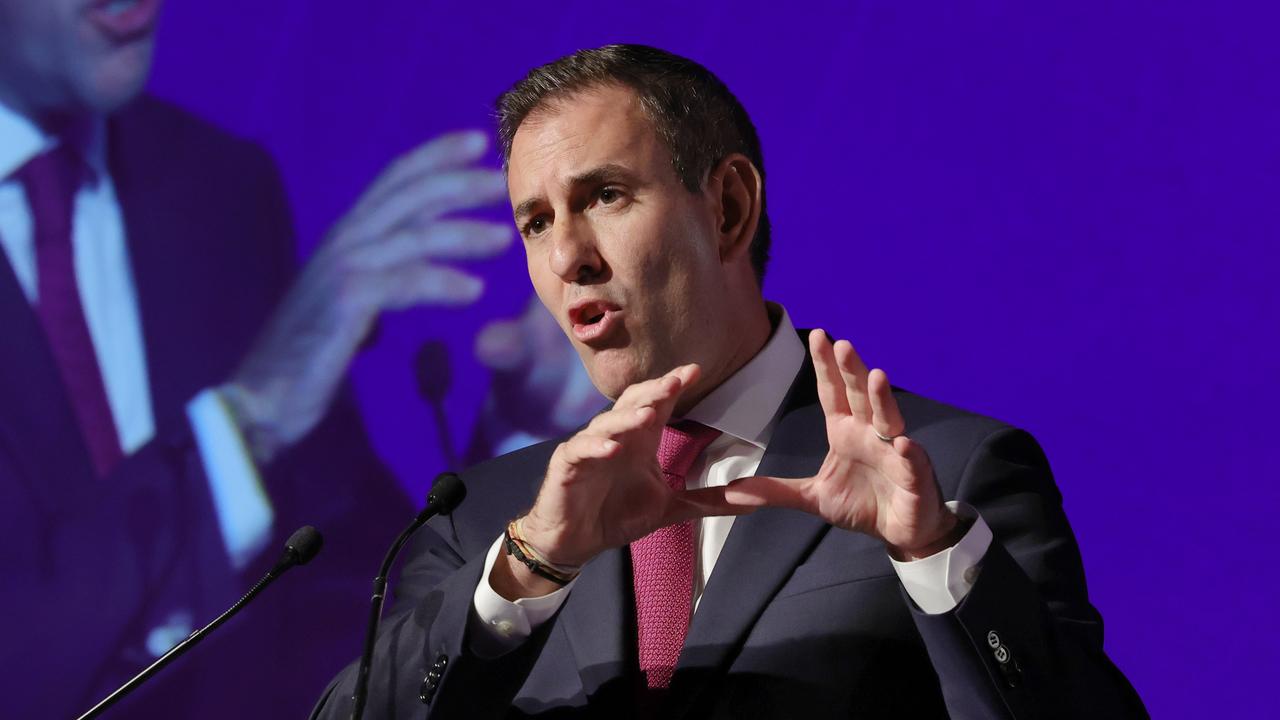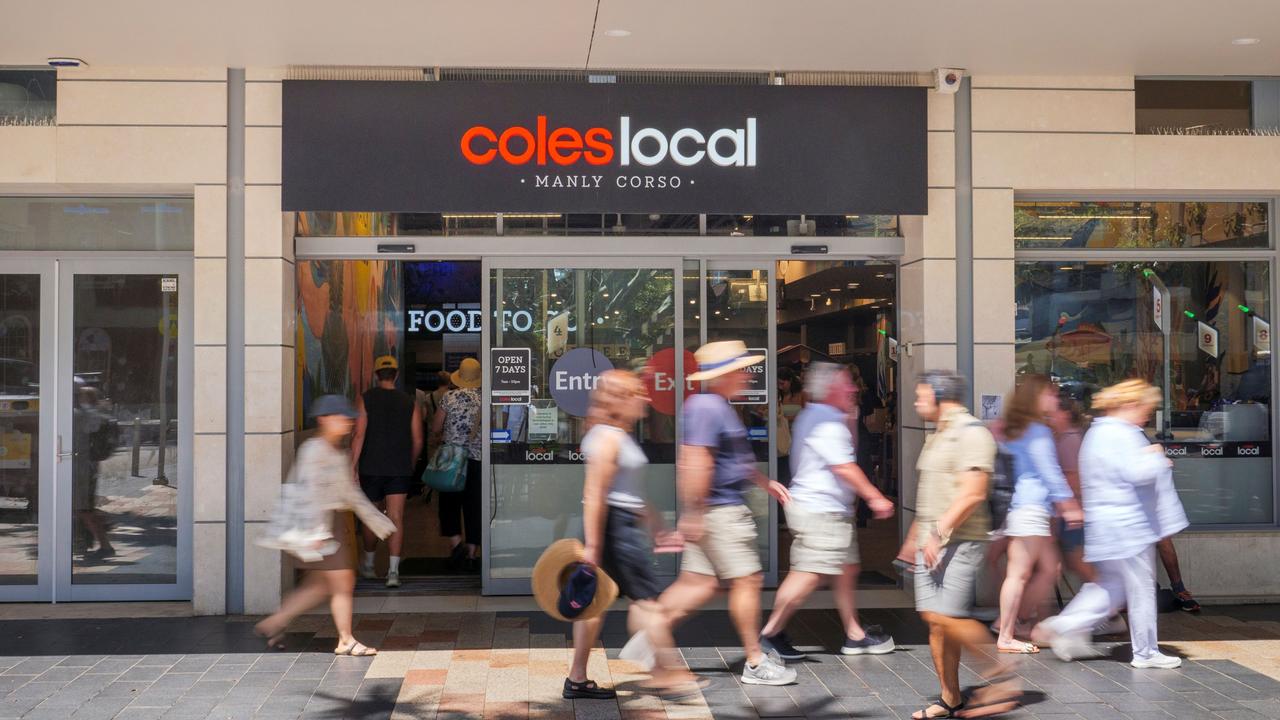Ramsay’s record five-year deal with HCF designed to ‘make healthcare affordable’
Australia’s biggest private hospital operator Ramsay says its record five-year agreement with HCF will make private healthcare more affordable in the long term.

Ramsay Health Care, Australia’s biggest private hospital operator, has signed a five-year contract with HCF in a deal it says will strengthen the long-term affordability of private healthcare.
The agreement with the not-for-profit fund comes days after Ramsay terminated its contract with Australia’s second biggest health fund, Bupa, after failing to agree on a funding increase following months of negotiations.
Bupa members now face hundreds of dollars in out-of-pocket fees if they are treated in one of Ramsay’s 72 Australian hospitals from October.
Meanwhile, Fitch Ratings says the Bupa termination may delay Ramsay’s de-leveraging but not “immediately impact” its rating.
Ramsay’s agreement with HCF is beyond the usual two to three-year funding contracts between hospitals and health funds, and is understood to cover what Ramsay was looking for with Bupa: helping fund soaring hospital costs. It is the first time a hospital provider has secured a five-year funding agreement from a health insurer.
HCF chief executive Sheena Jack said: “This isn’t a short-term, transactional deal”.
She said the agreement was aimed at ensuring the ongoing sustainability and affordability of Australia’s private health sector via the funding of alternative services such as at-home care.
At-home rehabilitation is about one third of the cost of a hospital stay. In the past year, Ramsay says it has saved health funds about $16m via its Ramsay Connect “home hospital” service. It has treated about 3000 patients via the service and expects that number to double in the next year, generating further savings.
“This strategic collaboration will provide the opportunity to explore the needs of HCF members through a caring and progressive healthcare provider with certainty that we will be able to jointly deliver effective, sustainable models of care that put the patient first,” Ms Jack said.
“Over the coming years we will work closely with Ramsay to further demonstrate our commitment to fostering collaborative relationships with our hospital provider network.”

Under the new agreement, Ramsay and HCF will establish a joint committee to develop “innovative service models” that reflect changing consumer needs. This includes broadening the offer of Ramsay Connect.
Ramsay – which is the subject of a $20bn takeover from KKR – has also begun moving its mental health services outside hospitals and into the community, opening 11 psychology clinics across Australia and with plans to establish 20 more in the next two years.
The community clinics have helped keep Ramsay’s 1100 mental-health hospital beds for those who are acutely unwell, generating further savings.
Ramsay Australia chief executive Carmel Monaghan said HCF had recognised the increased hospital costs and its members would have access to a “wider range of treatment options” under the new deal. “With HCF it’s great to see how a fund is willing to provide excellent services to its members. They understand what their members want and they’re willing to fund quality services,” Ms Monaghan said.
“Where you work well with health funds is you recognise in tough times, good or bad, you’re going to help each other. We’ve got to be sustainable and hospitals have a very tough few years and health funds haven’t.
“We are really pleased to have collaborated with HCF on an agreement that recognises the increased costs hospitals are facing and will help to achieve better co-ordinated care with great outcomes for patients.”

Since the start of the pandemic, Ramsay has secured new funding contracts with NIB, Medibank, Australian Health Service Alliance – which represents more than 20 funds – DVA and the Australian Regional Health Group. Bupa also has agreed to fund at-home care services via its new agreements with Melbourne-based hospital operators Epworth and Cabrini.
Despite months of negotiations, Bupa and Ramsay were not able to strike a similar deal, disagreeing over the indexation rate. Bupa is understood to offer a 1.5 per cent funding increase, although this figure is disputed.
Ramsay was seeking to split the difference in hospital costs, which have surged 7 per cent. Hospital groups have had to pay millions of dollars in personal protective equipment and other pandemic-related costs and higher nurse wages, which have come under pressure amid a chronic national shortage.
Fitch Ratings said the failed Bupa talks may prevent Ramsay from bringing its leverage in line with its rating guidelines in the near term but will not immediately impact on its rating.
“We revised our outlook on Ramsay … to negative, from stable, in April 2022 to reflect the rising risk of slower deleveraging due to elevated costs stemming from the outbreak of the Omicron Covid-19 variant and ongoing ramp-up issues facing the health sector,” Fitch said.
“The negative outlook also encompasses the additional deleveraging risk as a result of the failed contract negotiations.
“Ramsay continues to have options to aid deleveraging, including cost cuts, capex adjustments and a potential sale of its Ramsay Sime Darby joint venture. These options are subject to execution risk, but the success of one or more of these measures would allow Ramsay to deleverage in line with our initial expectations and would be likely to see us revise the outlook to stable.”








To join the conversation, please log in. Don't have an account? Register
Join the conversation, you are commenting as Logout